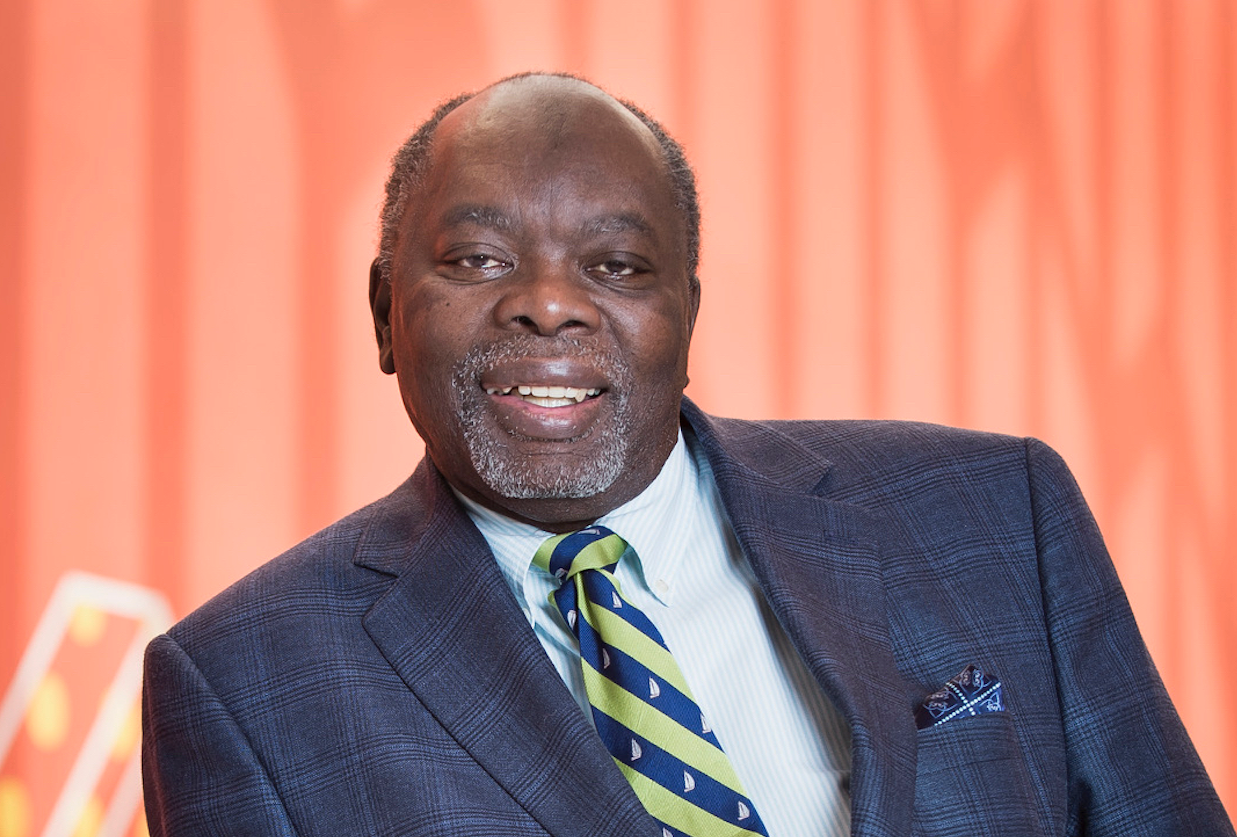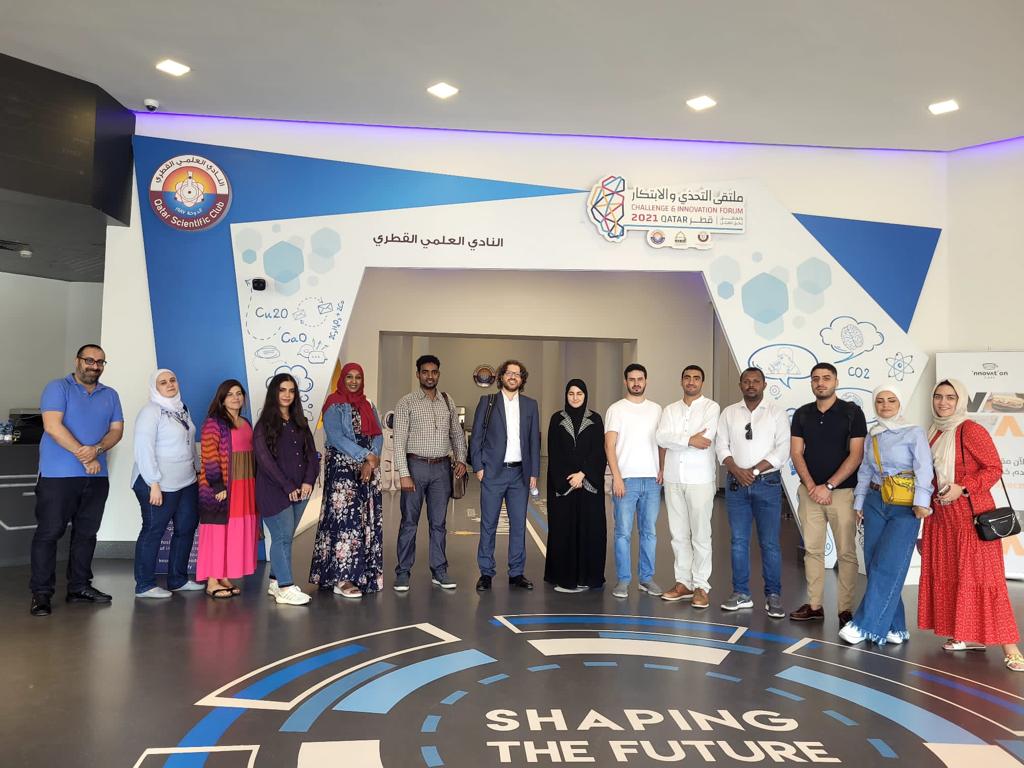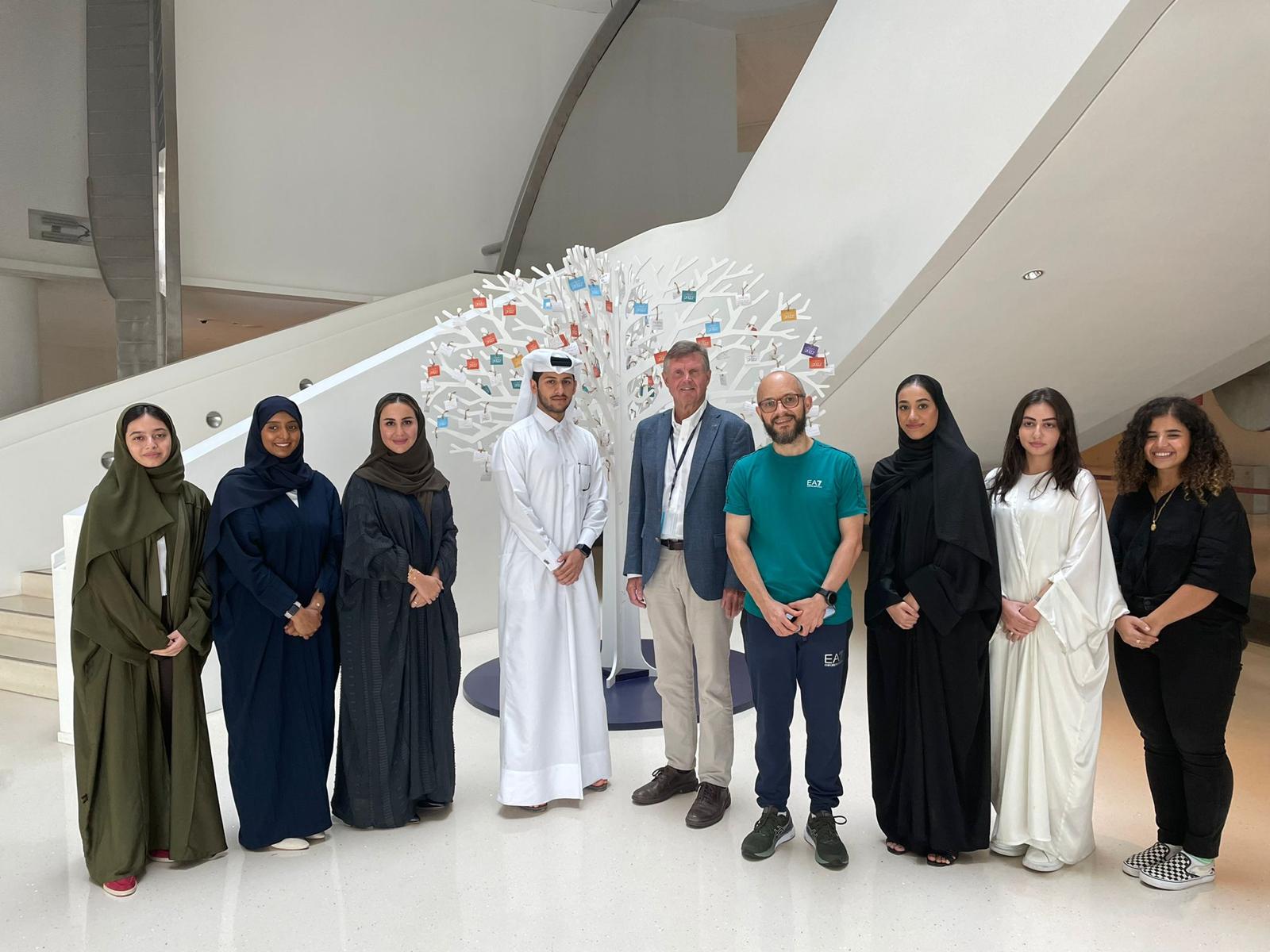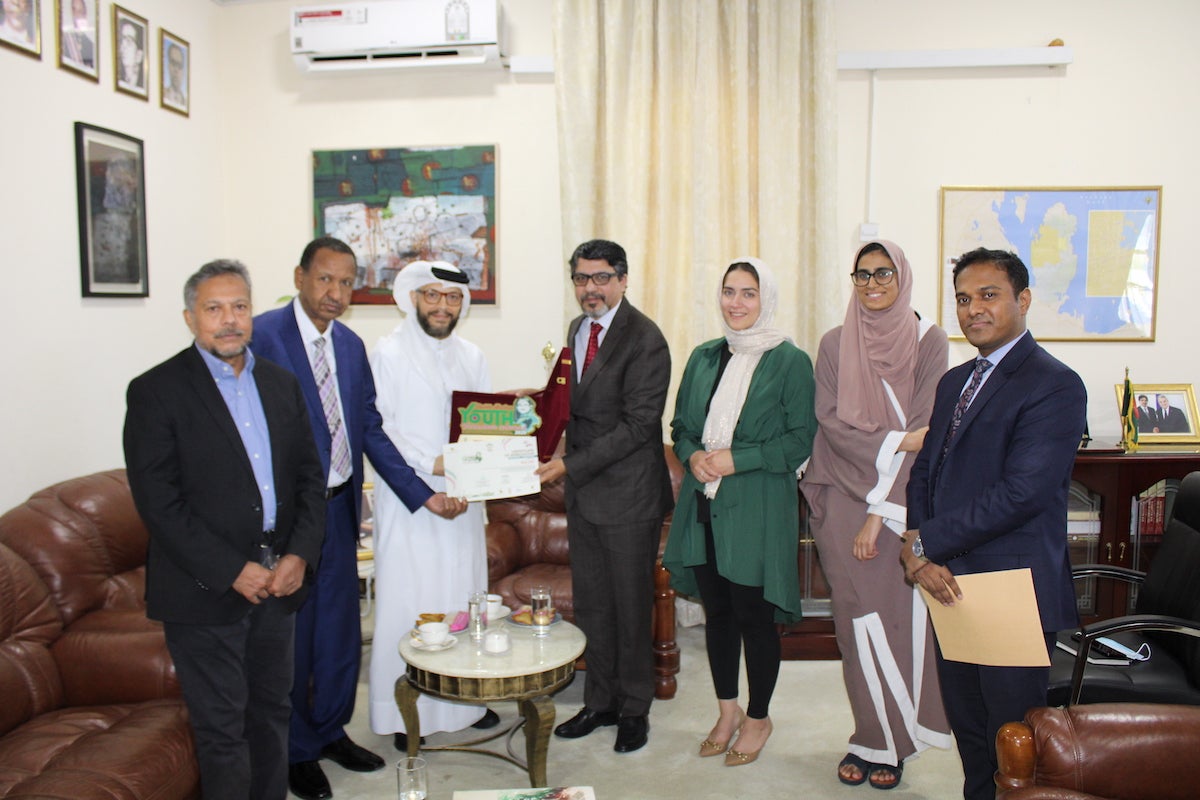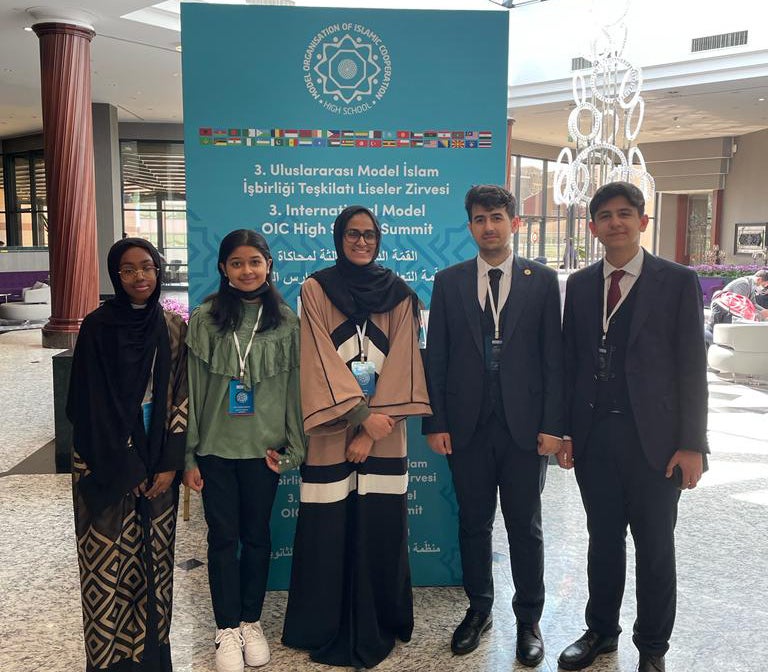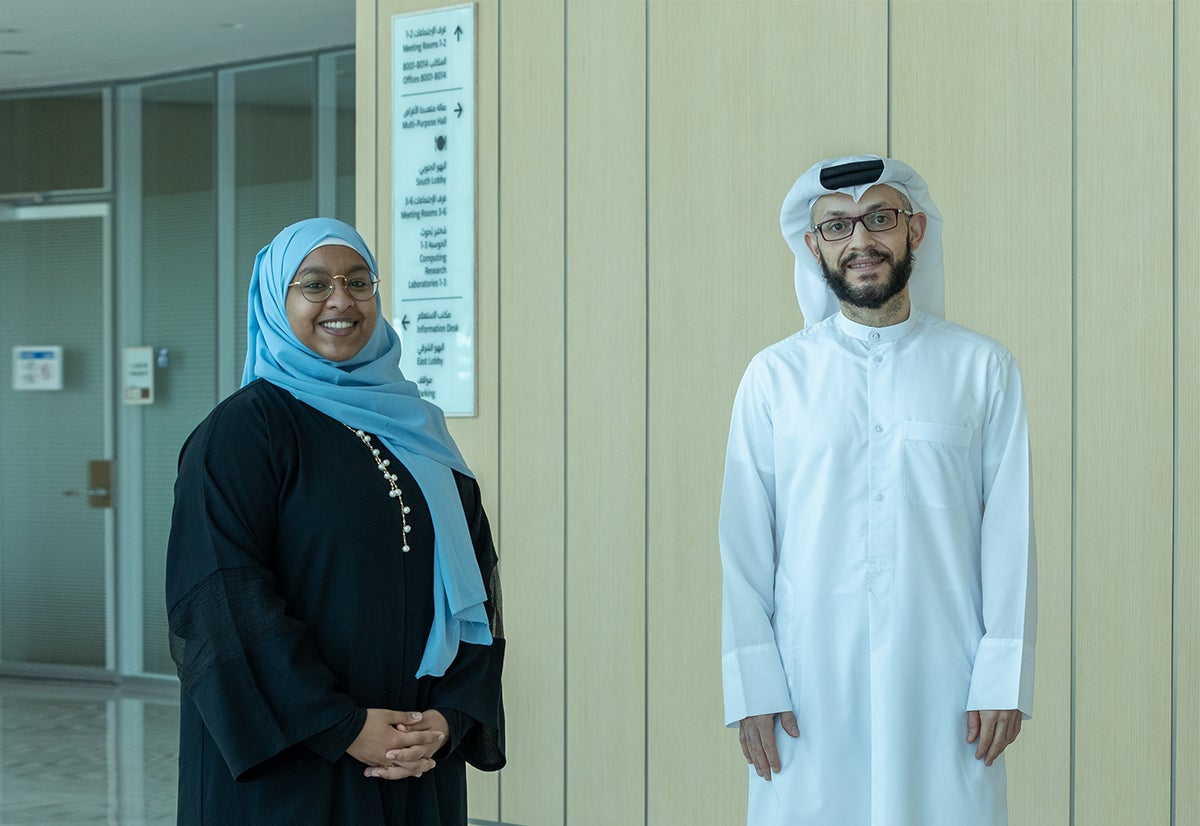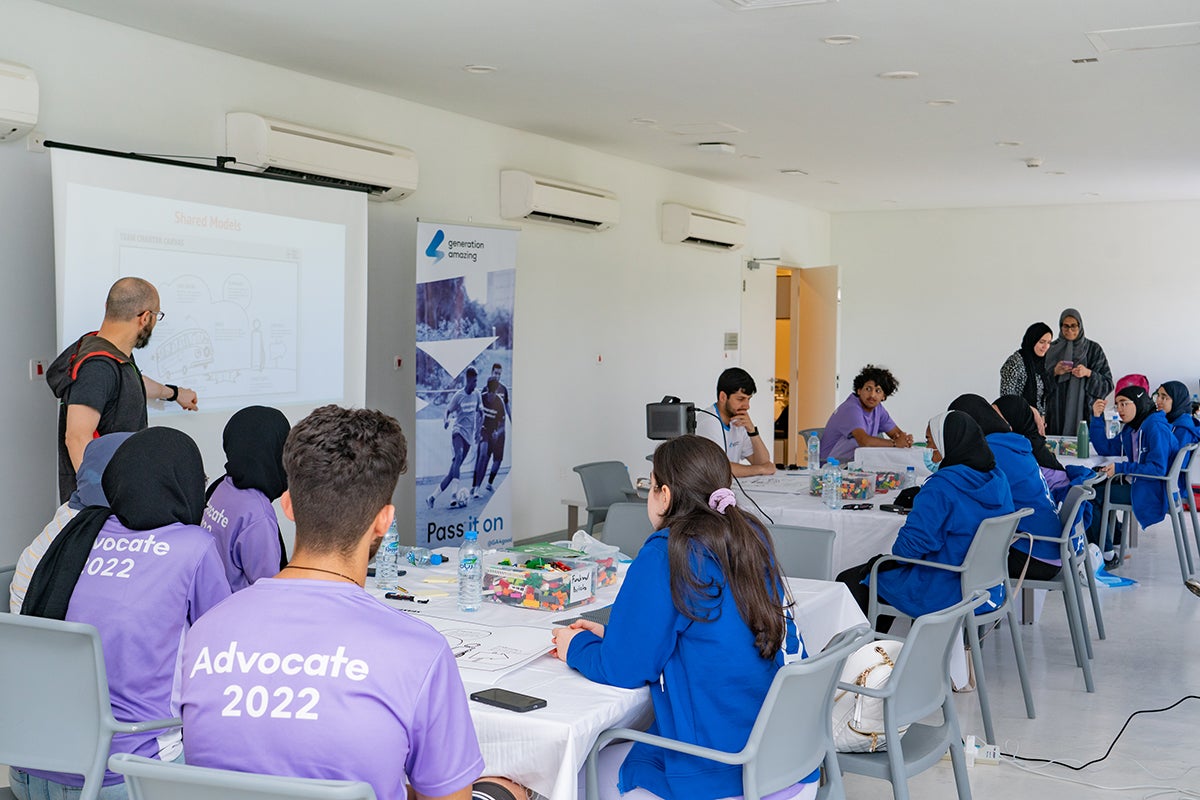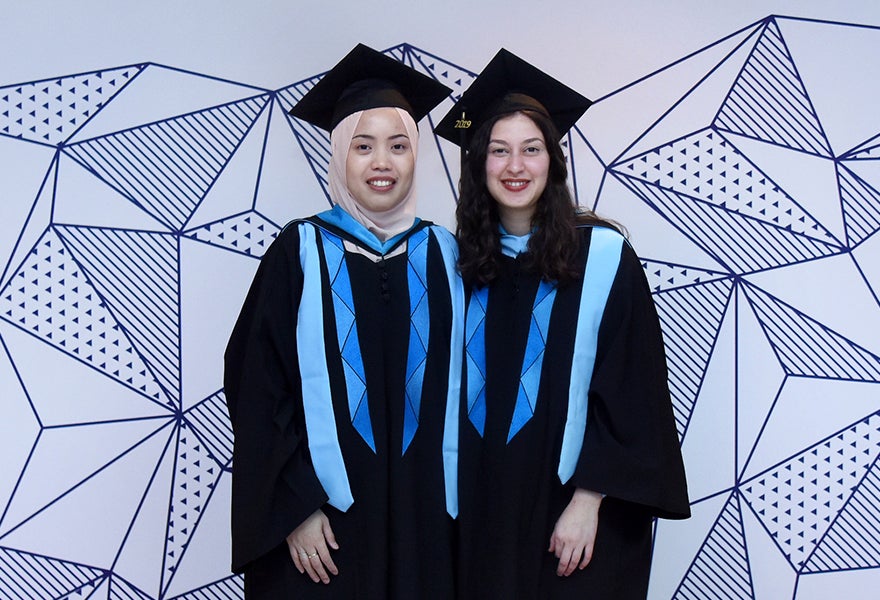
A recurrent theme emerged from a series of workshops and public lecture recently presented at Hamad Bin Khalifa University by Dr. Salman Sayyid, Professor of Decolonial Thought and Social Theory at the University of Leeds, and that is the need to question the structural foundation of Islamic Studies as a discipline. It is no surprise. Decolonial thought is about challenging Western colonial power, which perpetuates domination through knowledge production. Such influence has left a deep-rooted and lasting impact on the construction and methodologies of Islamic Studies as a discipline, specifically in the West.
Against this background, Dr Salman Sayyid reiterated the significance of asking the question, “Where did we derive this knowledge from?” In the case of Islamic Studies in the West, the discipline was formerly, and is even now, known as Oriental Studies. When colonial powers set out to colonize the Muslim world, the first requirement was to establish faculties to study the people they were planning to colonize. This resulted in colleges of Oriental Studies emerging rapidly in the West, with the aim of gathering as much knowledge about these communities as possible in order to change the paradigm of Muslim communities as well as Muslim scholars. The modes of organization and knowledge production of such disciplines were heavily influenced by Western narratives and they still are today.
The sessions and discussions presented by Dr. Sayyid showed that it is indispensable for students of Islamic Studies taught in Western institutions to question and challenge the very formation of this field and to search for what has been left out in the Western-dominated narrative. Although most of us listening to Dr. Sayyid did not have a profound background or prior understanding of the study of decolonial thought, the sessions were thought-provoking. For once, they triggered questions on the relationship between coloniality, Western hegemony, and Islamic Studies. As a result of trying to break free from the structure of Islamic Studies that is influenced by Western narratives, various projects such as the ‘Islamization of Knowledge’ have been established.
For an institution like Hamad bin Khalifa University’s College of Islamic Studies, decolonial studies are particularly relevant as the institution aims to reshape debates globally. It is also significant for the international body of students who are constantly engaged in local and in Western academic debates.
Decolonial thought helps students of Islamic Studies become more aware of the influence of Western knowledge production on the field of Islamic Studies in the West, which subsequently narrates and predominates global discussions. It also allows students who are educated in Western institutions to be critical of the present reconfiguration of this discipline and to support and enforce a closer engagement with the Islamic tradition.
There is a need for Muslim academic communities to question the structural foundation of the Islamic Studies discipline and to engage more with the public on these discussions.
In order to further benefit from this enterprise, it is highly recommended that interested readers engage with Dr. Salman’s works, ‘Recalling the Caliphate and A Fundamental Fear’, as well as his project, ‘Critical Muslim Studies’.
Nagat Emara, Master of Arts in Islamic Studies – Islamic Civilization and Societies concentration
Khairunisa Bakhtiar, Master of Arts in Islamic Studies – Islamic Ethics concentration
Source : https://www.thepeninsulaqatar.com/opinion/15/05/2019/Decolonial-thought-in-Islamic-Studies




